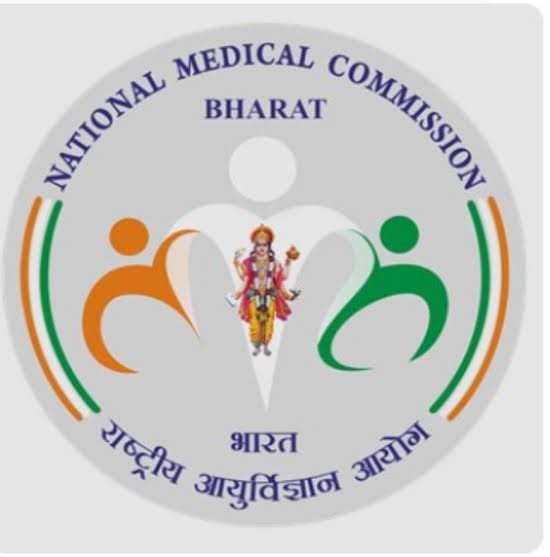Description

Source: Wikipedia
Disclaimer: Copyright infringement not intended.
Context
- In a significant development concerning the payment of stipends for doctors undergoing their MBBS internships, the Supreme Court issued a clear directive to the National Medical Commission (NMC) on April 1st.
Details
- The court instructed the NMC to provide comprehensive details regarding the stipend status of medical colleges across all states in India.
- This directive from the Supreme Court underscores the importance of ensuring transparency and accountability in the payment of stipends to medical interns.
About National Medical Commission Act, 2019
- The National Medical Commission Act, 2019, aims to overhaul the medical education system in India by repealing the Indian Medical Council Act, 1956.
Constitution of the National Medical Commission (NMC):
- The act establishes the NMC, which will consist of 25 members appointed by the central government.
- Within three years of the act's passage, state governments will establish State Medical Councils at the state level.
Membership of the NMC:
- The NMC will include members such as the Chairperson (a medical practitioner), Presidents of the Under-Graduate and Post-Graduate Medical Education Boards, and other key officials.
- Five part-time members will be elected by registered medical practitioners from states and union territories for a two-year term.

Functions of the National Medical Commission:
The key functions of the NMC include:
- Policy Formulation: Lay down policies to ensure high quality and standards in medical education and formulate necessary regulations in this regard.
- Regulation of Medical Institutions and Professionals: Develop policies for regulating medical institutions, medical research, and medical professionals, and establish necessary regulations.
- Assessment of Healthcare Requirements: Assess the requirements in healthcare, including human resources for health and healthcare infrastructure, and develop strategies to meet such requirements.
- Promotion and Coordination: Promote and coordinate the functioning of the Commission, Autonomous Boards, and State Medical Councils by framing guidelines and policies and making necessary regulations.
- Coordination among Autonomous Boards: Ensure coordination among the Autonomous Boards established under the NMC.
- Compliance Monitoring: Take measures to ensure compliance by State Medical Councils with the guidelines and regulations framed under the Act to facilitate their effective functioning.
- Appellate Jurisdiction: Exercise appellate jurisdiction over decisions made by the Autonomous Boards.
- Professional Ethics: Develop policies and codes to ensure the observance of professional ethics in the medical profession and promote ethical conduct during the provision of care by medical practitioners.
- Fee Regulation: Frame guidelines for determining fees and other charges for fifty percent of seats in private medical institutions and deemed universities governed under the provisions of the Act.
- Other Powers and Functions: Exercise other powers and perform additional functions as prescribed by law.
Medical Advisory Council:
- The central government will constitute a Medical Advisory Council to provide a platform for states/union territories to express their views and concerns to the NMC.
- The Council will advise the NMC on measures to determine and maintain minimum standards of medical education.
Autonomous Boards:
- The act establishes autonomous boards under the supervision of the NMC, including the Under-Graduate Medical Education Board (UGMEB), Post-Graduate Medical Education Board (PGMEB), Medical Assessment and Rating Board (MARB), and Ethics and Medical Registration Board.
- These boards will be responsible for formulating standards, curriculum, guidelines, granting recognition to medical qualifications, and regulating professional conduct.
Community Health Providers:
- The NMC may grant a limited license to mid-level practitioners connected with modern medical professions to practice medicine.
- These practitioners may prescribe specified medicines in primary and preventive healthcare under certain conditions.

Entrance Examinations:
- The act proposes a uniform National Eligibility-cum-Entrance Test for admission to under-graduate and post-graduate super-speciality medical education in all regulated medical institutions.
- It also introduces a common final year undergraduate examination called the National Exit Test for obtaining a practice license and admission to post-graduate courses.
Must read articles:
National Medical Commission’s new guidelines
National Medical Commission Bill 2022
Sources:
PRS
LiveLaw
|
PRACTICE QUESTION
Q. National Medical Commission Act, 2019, aims to ensure the availability of high-quality medical professionals, adoption of latest medical research, periodic assessment of medical institutions, and an effective grievance redressal mechanism in the medical education system of India. Critically Analyse. (250 Words)
|
















